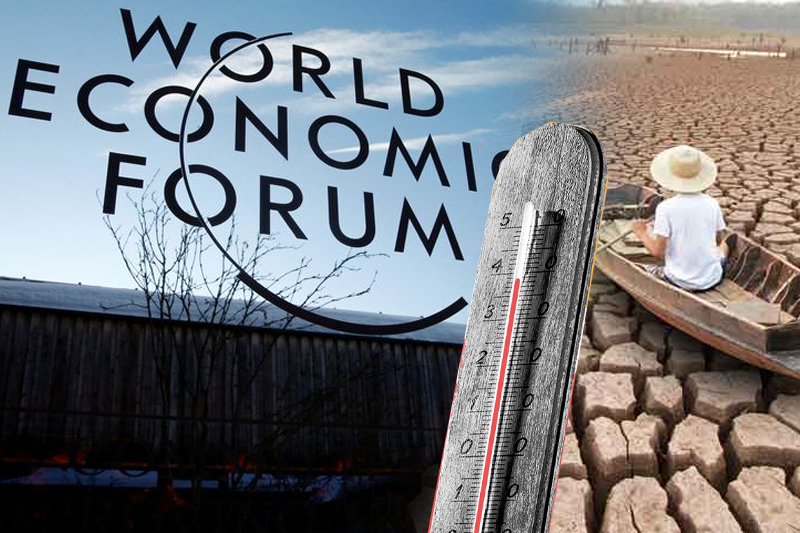
According to a Davos 2023 survey, earlier risks are now paying off
The main subject of the WEF’s Global Risk Report is “poly-crisis,” as corporate leaders worry that dealing with conflicts, inflation, a probable recession, and trade disputes might pose grave risks. The 1,200 company executives and decision-makers warn that geopolitical rivalry increases both short- and long-term threats by tightening economic restrictions.
According to WEF managing director Saadia Zahidi, the top rankings over the next two and ten years exhibit a notable variance. She cited concern that the current problems would get out of hand at the price of achieving climate and sustainable development goals.
At a launch event in London, she said, “A lot of previous issues have come back to the fore — things like re-emerging food crises, health crises, energy, and the expense of living.”
Keep Reading
“Climate threats that haven’t been so front and centre are then put on top of this combination of geopolitical and economic risks.”
The leaders of today have not experienced dealing with inflation, a probable recession, or trade wars. The majority of respondents—4/5—predict recurrent, continuous crises that build on one another in an increasingly erratic trajectory. Even after ten years, just half of the people still have these anxieties.
The risky concoction of current issues affecting fundamental supply networks and firms’ investment perspective, according to Carolina Klint, a risk management leader at insurance specialist Marsh, has caused many to abandon the “just in time” strategy in favour of a “just in case” one.




